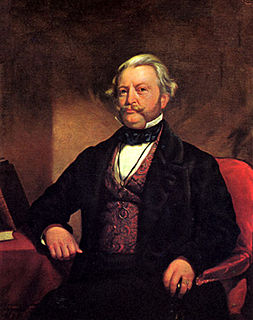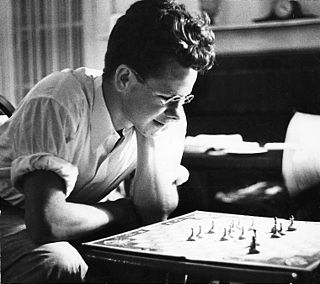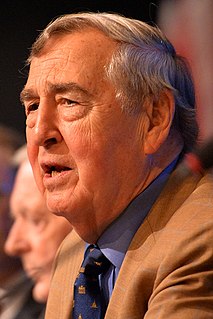A Quote by Townsend Harris
If Japan had been near to either England or France, war would have broken out long ago.
Related Quotes
When the war was in progress, England and France agreed wholeheartedly with the Fourteen Points. As soon as the war was won, England, France, and Italy tried to frustrate Wilson's program because it was in conflict with their imperialist policies. As a consequence, the Peace Treaty was one of the most unequal treaties ever negotiated in history.
Under the guidance of the Reich, Europe would speedily have become unified. Once the Jewish poison had been eradicated, unification would have been an easy matter. France and Italy, each defeated in turn at an interval of a few months by the two Germanic Powers, would have been well out of it. Both would have had to renounce their inappropriate aspirations to greatness. At the same time they would have had to renounce their pretensions in North Africa and the Near East; and that would have allowed Europe to pursue a bold policy of friendship towards Islam.
(I)f France's righteous bloviating against war makes them your Dashboard Saint of International Integrity, it's either because you are sand-poundingly ignorant of how the world works or it's because you think France's self-interest is more important than America's. If the former applies to you, read a book. If it's the latter, maybe you should move there along with Alec Baldwin, Robert Altman, and the rest of the crowd who promised to leave a long time ago. But whatever you do, don't call France's position principled, because that just insults us both.
I'm sure that growing up in the Midwest played a role in my chronic escapism. In fact, before I lived in France, I lived in Japan, England, and Bulgaria. I was determined to experience other places and cultures, particularly because I had the perception that I'd been cut off from these experiences as a child.
Japan suffered terribly from the atomic bomb but never adopted a pose of moral superiority, implying: 'We would never have done it!' The Japanese know perfectly well they would have used it had they had it. They accept the idea that war is war; they give no quarter and accept none. Total war, they recognize, knows no Queensberry Rules. If you develop a devastating new weapon during a total war, you use it; you do not put it into the War Museum.
She would have liked to know how he felt as to a meeting. Perhaps indifferent, if indifference could exist under such circumstances. He must be either indifferent or unwilling. Has he wished ever to see her again, he need not have waited till this time; he would have done what she could not but believe that in his place she should have done long ago, when events had been early giving him the indepencence which alone had been wanting.
in that small [time] most greatly lived this star of England: Fortune made his sword, By which the world's best garden he achiev'd And left it to his son imperial lord. Henry the Sixth, in infant bands crown'd King of France and England did this King succeed; Whose state so many of had the managing, That they lost France and made his England bleed.


































